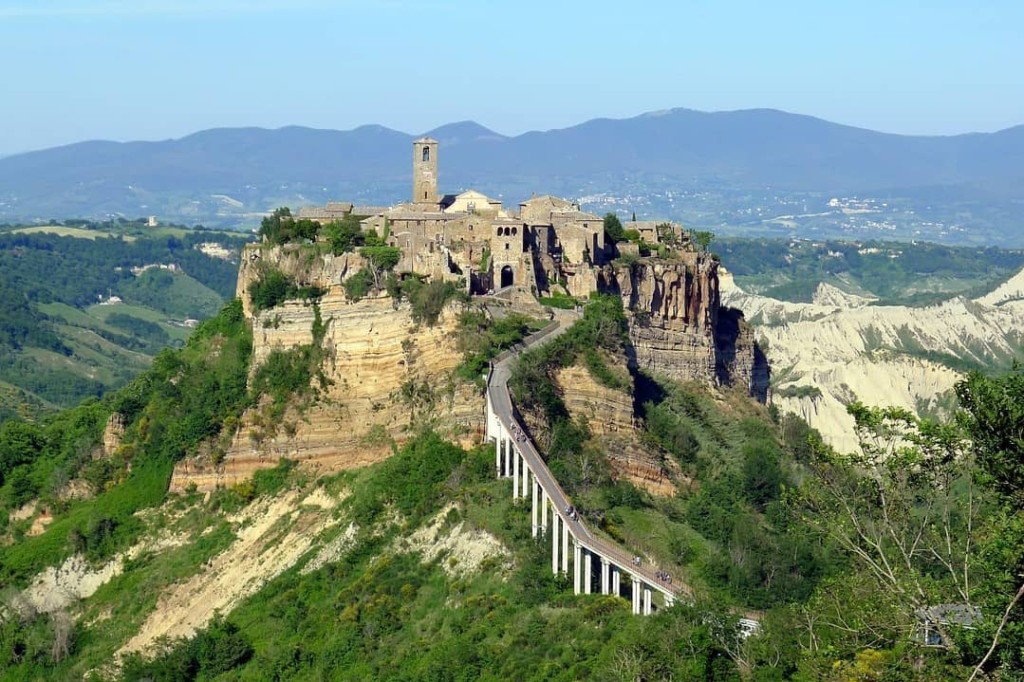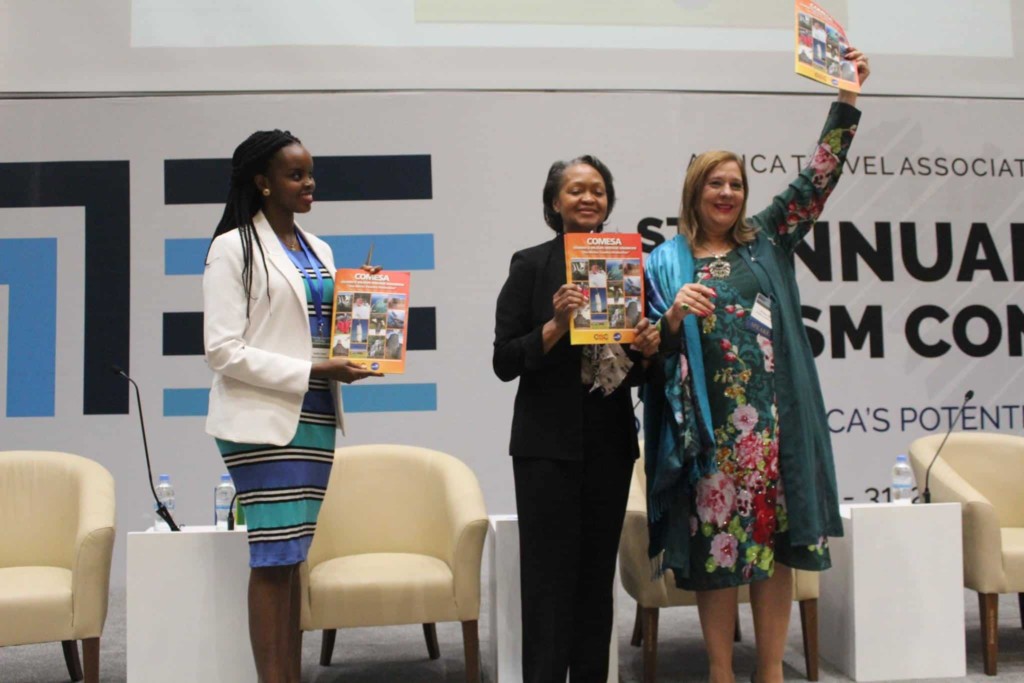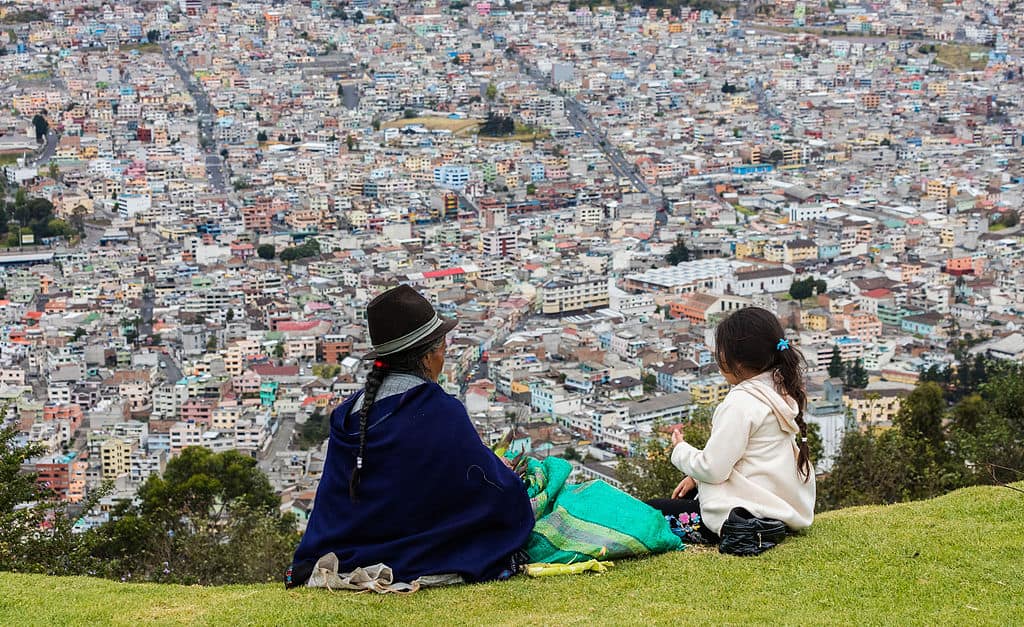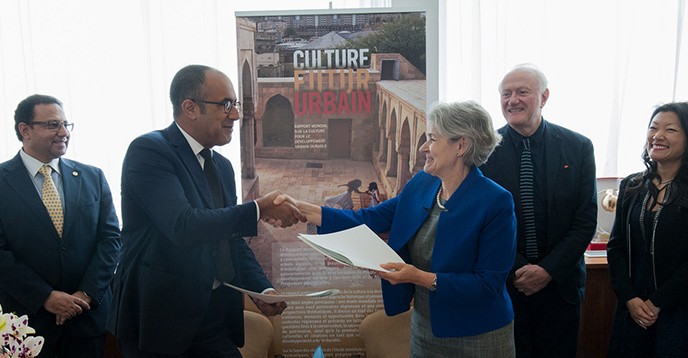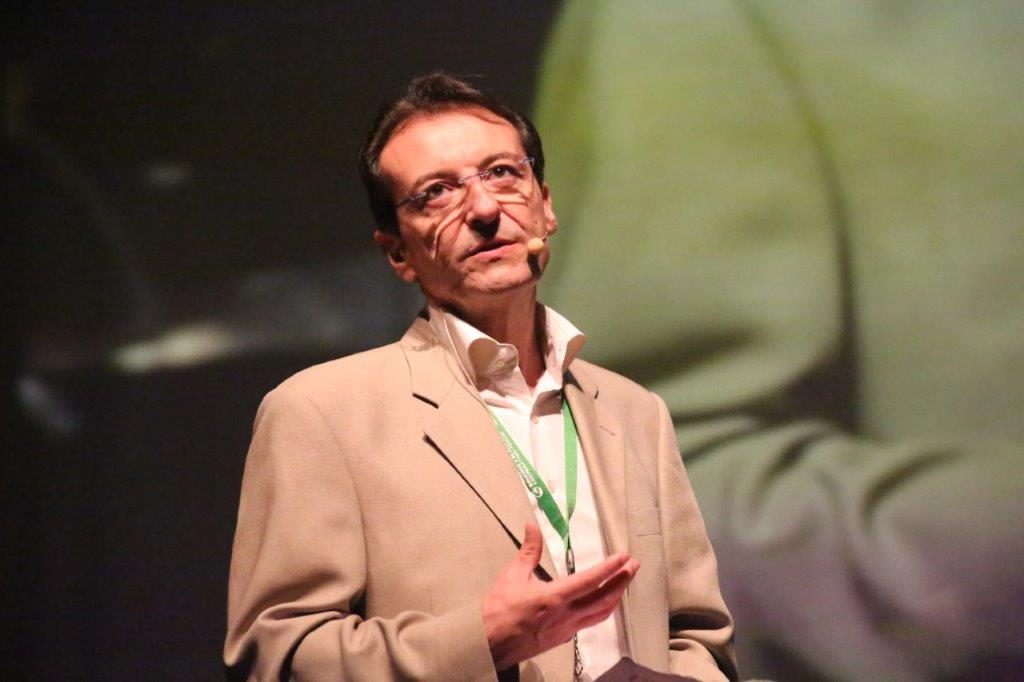Culture, cultural heritage, & history tourism
Scroll down for posts tagged with “culture, cultural heritage, and history tourism”.
Culture, cultural heritage, and history play pivotal roles in the context of tourism. They are significant in defining the unique identity of a destination and shaping the experiences of travellers.
When tourists engage with the culture, cultural heritage, and history of a place, it deepens their understanding and appreciation of the destination, making their travel experiences richer and more meaningful.
- Culture encompasses the customs, traditions, beliefs, arts, and social norms of a community. It reflects the way of life of the local people and provides insights into their values, history, and way of thinking.
- Cultural heritage refers to the tangible and intangible aspects of a community’s legacy, including landmarks, monuments, artifacts, language, music, dance, cuisine, and rituals.
- History is the recorded past of a place, comprising the events, stories, and narratives that have shaped its development.
Tourism provides a platform for travellers to engage with the culture, cultural heritage, and history of a destination. This can be through visiting museums, historical sites, and festivals, or participating in cultural activities, traditional performances, and culinary experiences, or other means.
Tourism that respects the culture, cultural heritage, and history of a place can foster mutual respect, tolerance, and appreciation for diverse cultures, promoting cultural exchange and understanding between visitors and the visited. By immersing in the local culture, travellers can gain a deeper understanding of different values and ways of life.
However, tourism’s impact on culture and cultural heritage need to be carefully managed to avoid negative consequences. Overtourism and the commodification of culture can erode the authenticity and integrity of cultural assets, leading to the degradation of local traditions and loss of identity.
That is why many advocate adopting responsible and sustainable tourism practices that respect and protect the culture, cultural heritage, and history of a destination while benefiting local communities.
Preserving and promoting culture, cultural heritage, and history is an objective of sustainable tourism development. Sustainable tourism development safeguards the authenticity and integrity of a destination’s cultural assets, ensuring that they are preserved for future generations. It also provides economic benefits to local communities by creating employment opportunities, supporting local businesses, and generating revenue through tourism activities.
Tags are informal. The “Good Tourism” Blog tries not to get bogged down with terminology and definitions. You may disagree with tags applied (or not applied) to a post. If so, feel free to comment on any post you think has been incorrectly or insufficiently tagged. “GT” encourages good-faith debate and discussion.
